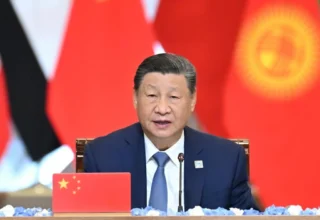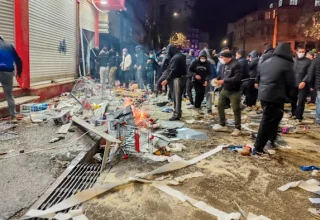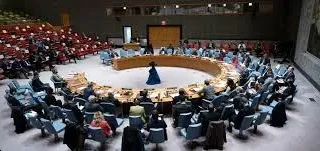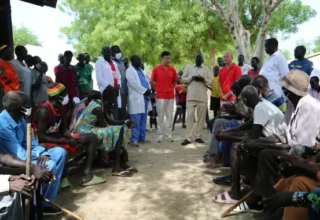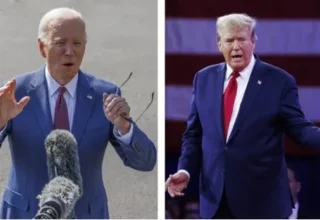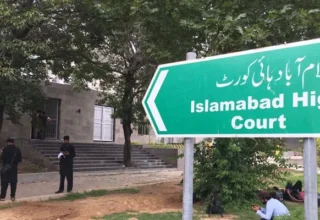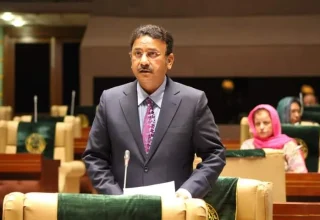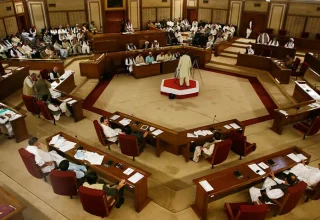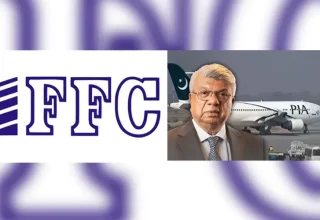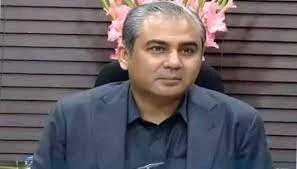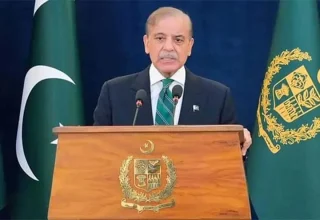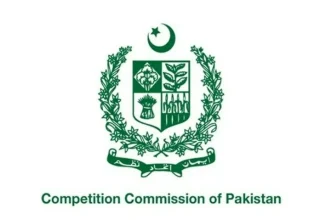
The Competition Commission of Pakistan (CCP) has released a detailed assessment report titled “State of Competition in Pakistan’s LNG Sector”, outlining major structural, regulatory, and competitive challenges confronting the country’s liquefied natural gas (LNG) market.
The report, prepared by the CCP’s Research Department on the directive of the Ministry of Finance, analyzes the role and impact of state-owned enterprises (SOEs) including Pakistan State Oil, Pakistan LNG Limited, Sui Southern Gas Company Limited, and Sui Northern Gas Pipelines Limited on the LNG value chain and the overall performance of the sector.
According to the report, Pakistan’s LNG market faces significant obstacles such as monopoly control by SOEs over LNG import, storage, and distribution. It also identifies restrictive licensing and tariff regulations that benefit state entities and limit private sector participation.
Other challenges highlighted include limited infrastructure access, slow implementation of Third Party Access (TPA) rules, delays in tariff adjustments, and the accumulation of circular debt, which reached Rs 2,866 billion as of January 2024.
To address these issues, the CCP has proposed a set of recommendations aligned with the World Bank’s Markets and Competition Policy framework. These include establishing a one-stop clearance system for LNG imports through a central coordination committee, enforcing TPA rules for terminals and pipelines, separating transmission and distribution functions of Sui Southern and Sui Northern to ensure equal market opportunities, and developing a three-year plan to improve demand forecasting and reduce gas losses (UFG).
Speaking at the launch, CCP Chairman Dr. Kabir Ahmed Sidhu said the objective of the report is to guide policymaking and support reform efforts to enhance market access, encourage private sector participation, and strengthen energy security. He emphasized that promoting fair competition is vital for innovation and improvement in Pakistan’s LNG market.
The CCP stated that it drew on international best practices, including Japan’s experience, to support gradual liberalization of the LNG sector, separation of infrastructure ownership, and fair access for all stakeholders.





